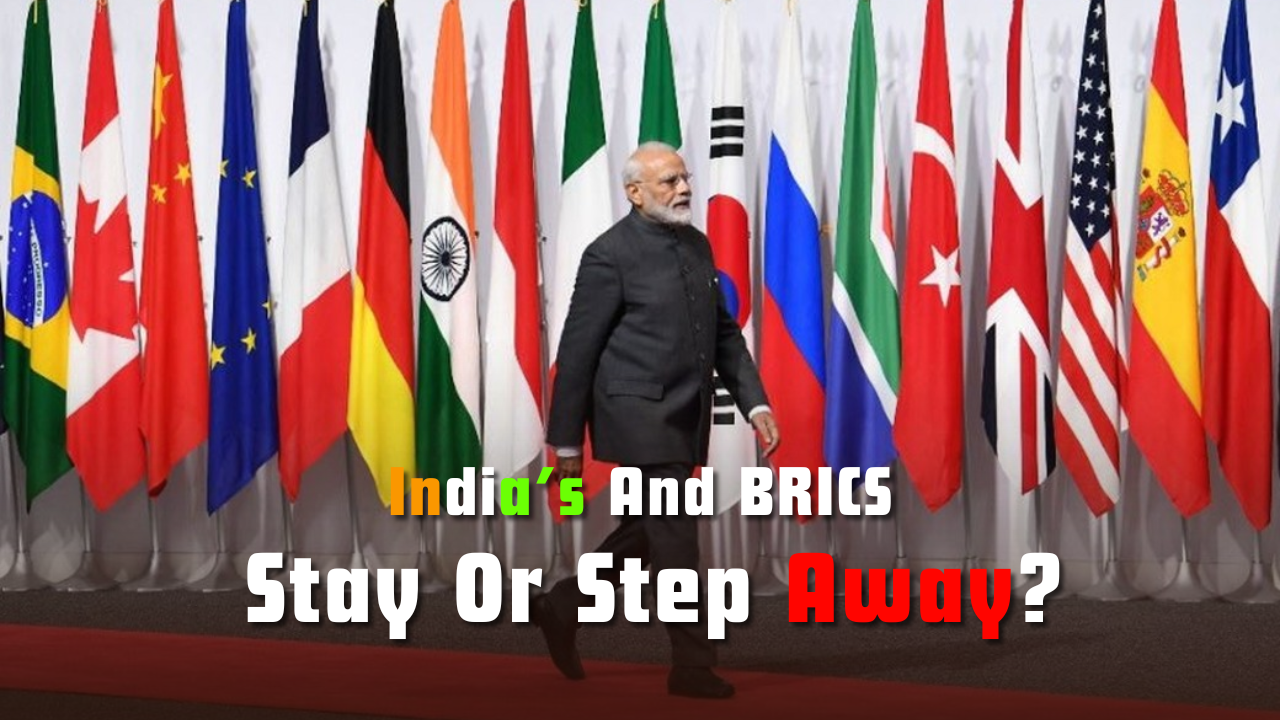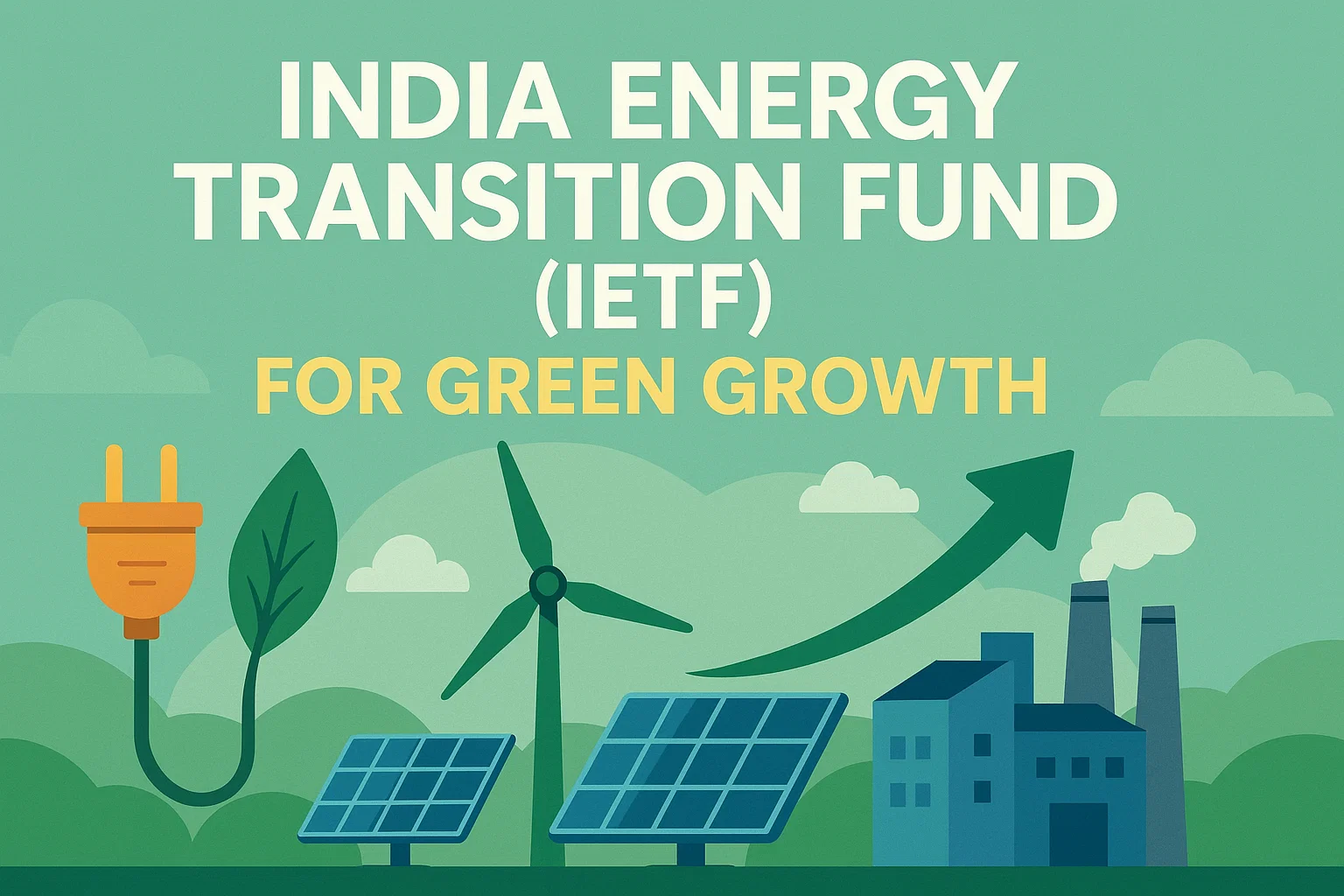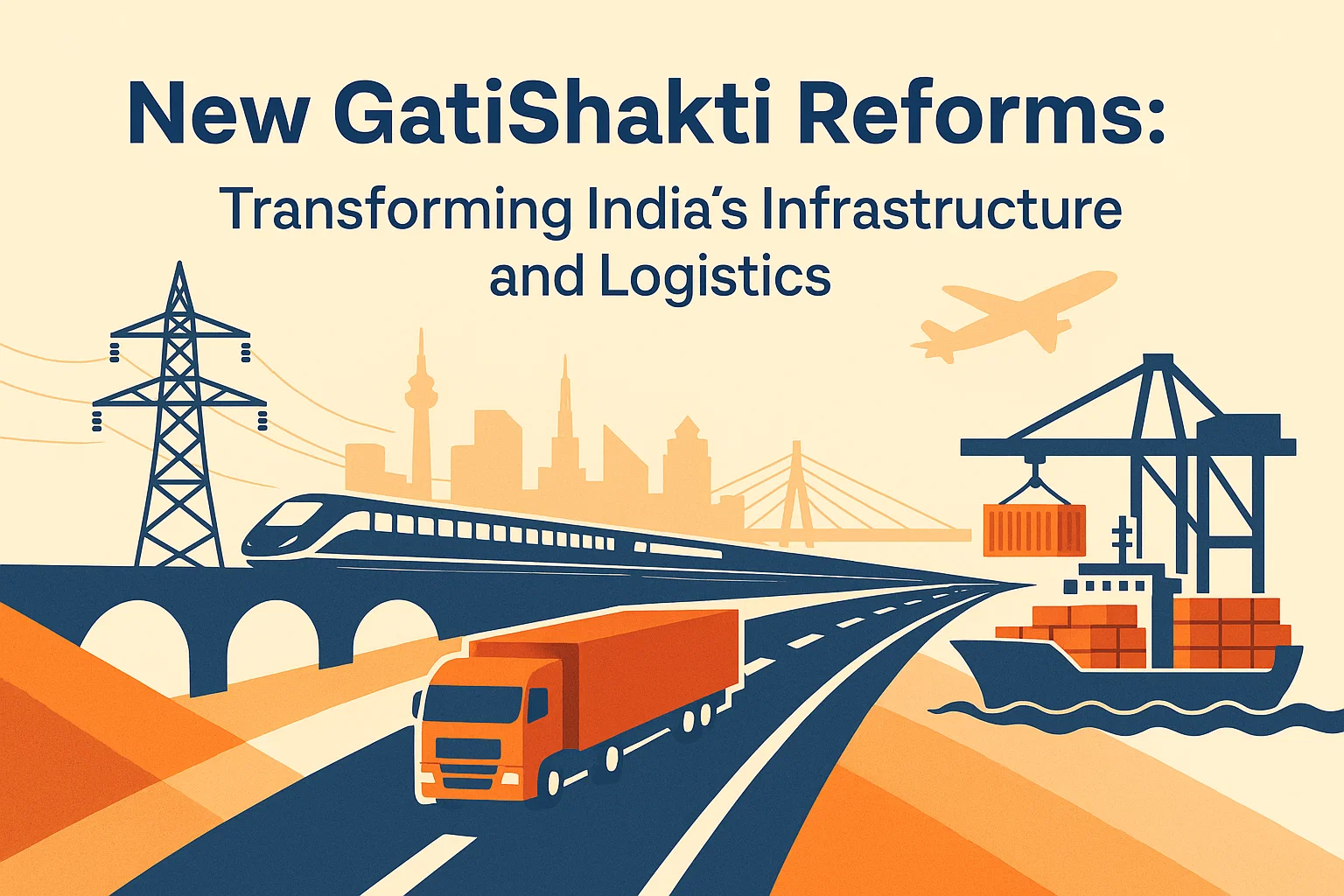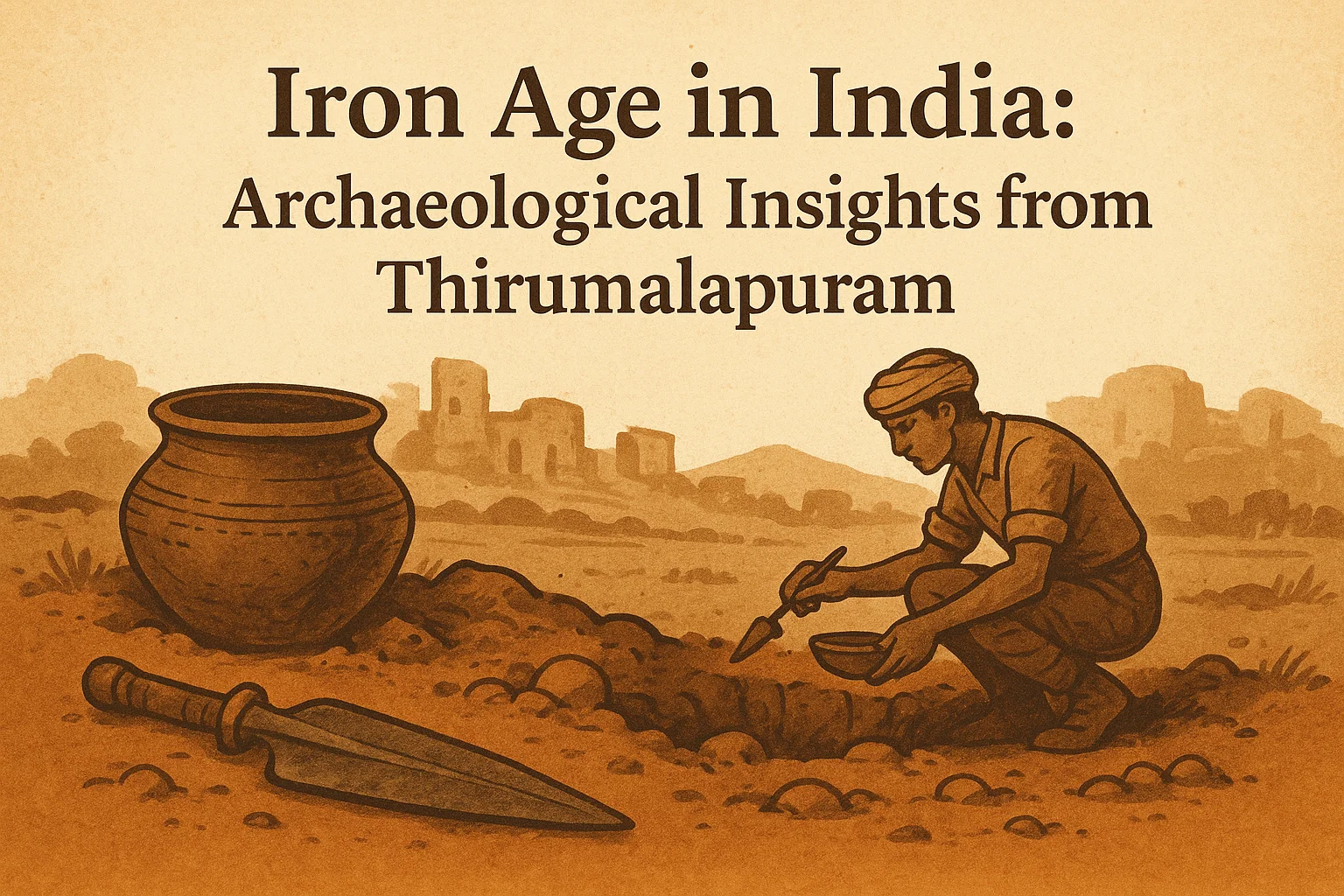India and BRICS: Stay or Step Away?
India and BRICS : India should remain in BRICS to protect autonomy, influence global governance, and lead the Global South despite China’s growing dominance.

Introduction: India’s BRICS Dilemma
As global politics enters a period of uncertainty, emerging powers like India must make careful choices about which international groupings will help them rise and protect their long-term interests. One of the most debated partnerships is India’s role in BRICS — a coalition originally formed by Brazil, Russia, India, China, and South Africa, and recently expanded to include other countries. BRICS was intended to offer an alternative voice to Western-dominated institutions like the International Monetary Fund (IMF) and the World Bank. For India, BRICS was once seen as a vehicle to influence global governance and build stronger ties with the Global South. However, with China’s rapid rise and dominance in these forums, questions are now being asked: does BRICS still serve India’s interests? Or is it holding India back?
Two powerful viewpoints on this question are offered by Surupa Gupta (The Indian Express, July 11, 2025) and Pankaj Saran (The Indian Express, July 11, 2025). Gupta believes India’s influence is limited in a China-led BRICS and suggests the country may do better by focusing on other platforms. Saran, however, argues that India must remain actively engaged in multiple groupings like BRICS and SCO, because walking away would weaken India’s global voice. This essay argues that although BRICS has problems, especially due to China’s dominance, India must stay involved. By remaining an active player, India can use BRICS and other such groupings to protect its autonomy, build influence, and help shape the future international order.
BRICS: Promise vs. Power Play
India joined BRICS with high hopes. As a developing economy with growing global ambitions, it welcomed the chance to cooperate with other emerging powers. The group gave India a new platform to discuss reforms in global governance, especially the need to make institutions like the IMF and World Bank more representative. As Surupa Gupta explains, “BRICS offered another avenue for India’s aspirations for global leadership,” especially through the redistribution of IMF quotas in 2015. In these early years, BRICS provided India with visibility and status on the world stage.
But Gupta argues that the reality today is much different. Over time, China’s economy has grown much faster than the rest of the BRICS members. With a GDP of $17.79 trillion — nearly five times India’s $3.56 trillion — China has gained an outsized role in BRICS discussions and decisions. “China’s economic might, along with its extensive trade and investment ties with other BRICS countries, allow it to exert greater political influence,” she writes. This imbalance means India’s voice is often drowned out, and its priorities get pushed aside.
Gupta also notes that even in cases where India’s interests should be front and centre — such as countering terrorism — BRICS has failed to support India fully. In one instance, the BRICS joint declaration condemned a terrorist attack in Pahalgam but avoided naming Pakistan. Gupta remarks, “India has fought long and hard to convince the world that Pakistan promotes and exports terrorism — the BRICS declaration went directly against India’s long-held position”. For her, such examples show that BRICS is becoming less useful for India’s foreign policy goals.
Shifting the Blame Game
While Gupta’s concerns are serious, Pankaj Saran offers a broader and more long-term perspective. He argues that blaming BRICS for India’s frustrations is unfair and shortsighted. In his words, “BRICS is not the reason for the relative decline of the US as a global power. The folly lies at the doorstep of a multi-decadal US policy… to outsource manufacturing to China”. According to Saran, it is the West that created China’s economic rise by allowing it to become the factory of the world. BRICS, on the other hand, is simply a platform where emerging powers try to find their voice.
Saran also notes that Western nations, including the US, often show hypocrisy. For example, military-ruled Pakistan is treated as an equal partner to democratic India, while authoritarian Russia is punished. “It has been made clear that in today’s world, democracy has lost its premium,” he says. “Military-ruled Pakistan is considered as great a nation as India, and as indispensable a partner for the US”. These double standards make it clear that India cannot blindly follow Western-led groupings either.
Instead of choosing one side, Saran suggests that India should engage with all global platforms. This includes BRICS, SCO, IBSA, and others. He writes, “India needs to be in as many thematic and geographical coalitions and groupings as necessary till it is made a genuine participant in the governance of international institutions”. Even if BRICS has internal problems, India must stay involved to avoid isolation and maintain influence in shaping global decisions.
Balancing in Uncertain Times
One of Saran’s strongest points is that we are living in a period of transition, and India must hedge its bets. The global order is no longer based on clear alliances or shared values. The United States, for example, has imposed tariffs on BRICS countries and even criticised its own allies in Europe. As Saran puts it, “If the wider world was satisfied with the current state of world affairs, BRICS would have been relegated to a fringe organisation”. The fact that many US allies are joining BRICS shows that the world is seeking new power centres.
Gupta, on the other hand, feels that China uses BRICS mainly to serve its own interests, such as promoting the yuan and backing the Belt and Road Initiative. She explains that China has “used the [BRICS] venue to advocate for a larger role in global governance for itself” and even shaped the discussions at the New Development Bank to focus on its priorities. India, she says, finds itself playing “second fiddle.”
But again, Saran’s response is more realistic. He acknowledges that China is powerful, but so are the US and its allies. All groupings have dominant members. Even in the G7, the United States plays a leading role. Rather than withdraw, India must learn to work with such imbalances. That is the essence of diplomacy.
Pragmatism Over Impulse
India has often taken the middle path in international affairs. Its foreign policy has traditionally been guided by non-alignment, strategic autonomy, and flexibility. This approach has allowed India to cooperate with Russia and the United States at the same time. BRICS, in this sense, fits into India’s broader strategy of maintaining relationships across power blocs.
Gupta argues that India may do better by focusing on bilateral relationships or joining coalitions without China, where it can play a bigger role. She writes, “It might be easier for India to create a leadership narrative through its bilateral ties and in blocs where China is not present”. While this is a fair point, it overlooks the value of multilateral engagement. Bilateral ties are important, but multilateral forums provide a stage where India can show leadership on global issues such as climate change, economic reform, and South-South cooperation.
Moreover, BRICS can be a testing ground for India to build coalitions within coalitions. For example, India could deepen its coordination with Brazil and South Africa within BRICS to push back against Chinese dominance. It could also use BRICS as a place to float ideas, gather support, and shape the conversation — even if not every demand is accepted.
Influence Demands Involvement
For a country like India, which aspires to be a global power, absence is not a strategy. If India wants a say in writing the rules of the 21st century, it must be present at every table where those rules are being discussed. Saran argues that the current global system does not work fairly, and India must therefore remain involved in as many forums as possible to protect its long-term interests. He notes, “Understanding these complexities requires a new way of thinking”. This new thinking involves working with all powers — even rivals — and not limiting engagement to only “friendly” platforms.
Also, India’s presence in BRICS helps smaller Global South countries see it as a partner, not just a Western ally. If India pulls away from BRICS, it may be seen as abandoning the South for Western favour. Staying in BRICS allows India to balance its ties with both worlds — the West and the developing world — while charting its own path.
Engage to Gain Ground
In the end, the debate between Surupa Gupta and Pankaj Saran highlights two different visions for India’s foreign policy. Gupta focuses on short-term problems and the challenges posed by China’s dominance within BRICS. Her concerns are valid, especially regarding China’s influence and India’s limited gains. But Saran takes the longer view, placing BRICS within the larger context of a shifting global order. His vision — that India must stay in the game to shape the rules — is more convincing.
India cannot afford to choose sides in a world where alliances are unclear, and every power acts in its own interest. Walking away from BRICS would not reduce China’s power — it would simply remove India’s voice from the room. Therefore, India must continue to engage actively with BRICS and similar platforms, even if the path is not always smooth. Smart diplomacy means staying present, being assertive, and making the best of imperfect situations.
In conclusion, while BRICS has limitations, it remains an important space for India to express its global ambitions, build partnerships, and protect its interests. Strategic engagement, not retreat, is the path to leadership in the 21st century.
Subscribe to our Youtube Channel for more Valuable Content – TheStudyias
Download the App to Subscribe to our Courses – Thestudyias
The Source’s Authority and Ownership of the Article is Claimed By THE STUDY IAS BY MANIKANT SINGH





